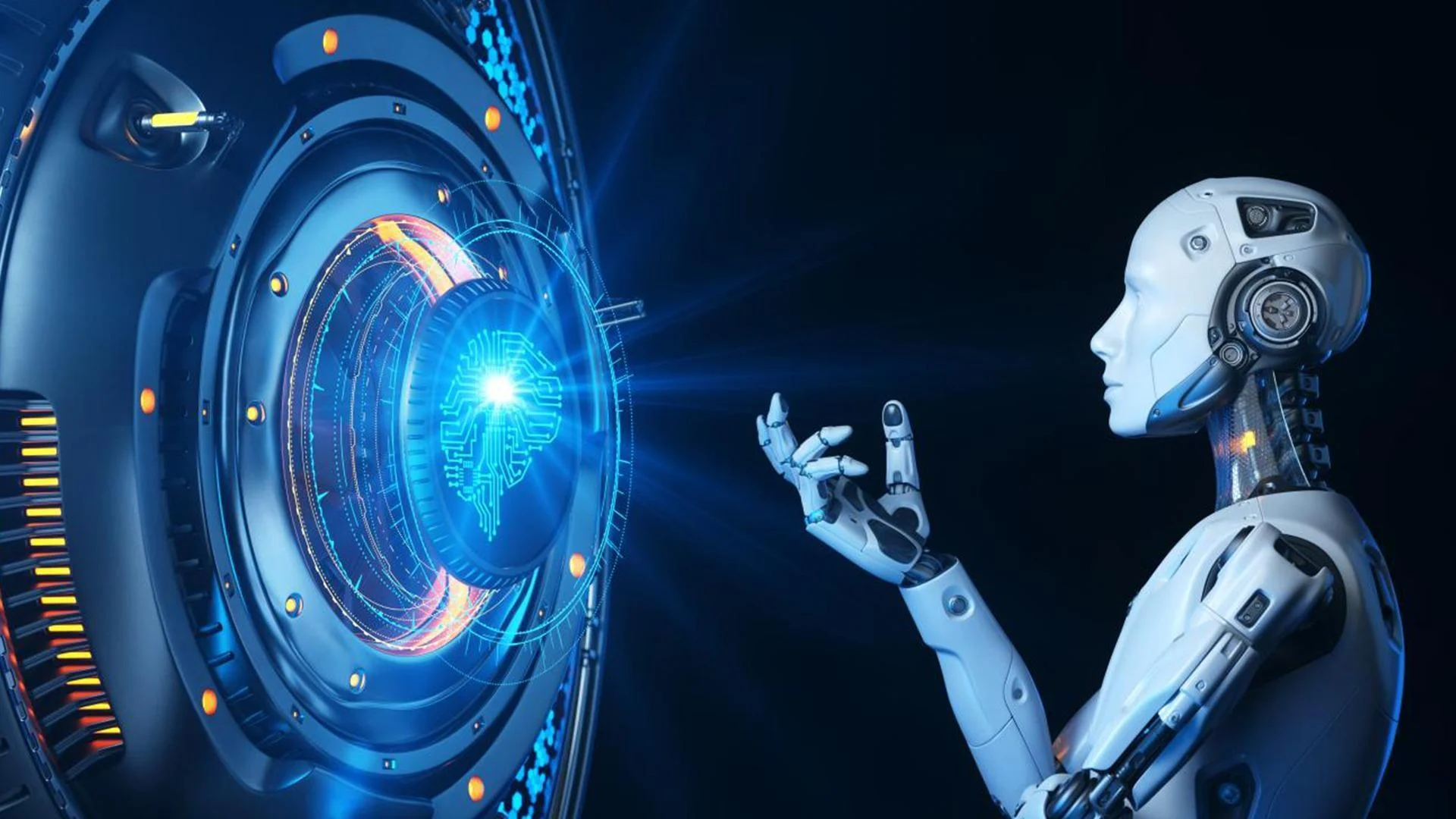Artificial Intelligence (AI) has rapidly evolved from a futuristic concept into a transformative force across various industries. As we look towards the future, several trends and predictions indicate how AI will continue to shape our world. This article delves into the key developments and expectations surrounding AI, providing insights into its potential trajectory.
Advancements in Machine Learning and Deep Learning
Machine learning (ML) and deep learning (DL) are at the core of AI advancements. These technologies have enabled AI systems to learn from vast amounts of data and improve their performance over time. The future will likely see even more sophisticated ML and DL algorithms, allowing for better pattern recognition, decision-making, and predictive analytics. This progress will enhance AI applications in fields such as healthcare, finance, and autonomous systems.
AI in Healthcare
AI’s impact on healthcare is profound and poised to grow. From diagnostic tools to personalized treatment plans, AI is revolutionizing patient care. Future trends include the development of AI-driven drug discovery, early disease detection through predictive analytics, and robotic-assisted surgeries. Moreover, AI can help in managing and analyzing the large volumes of data generated in healthcare, leading to more efficient and effective treatments.
Autonomous Vehicles
One of the most fascinating uses of AI is the creation of driverless automobiles. Automakers such as Tesla, Waymo, and Uber are at the forefront of developing autonomous vehicles. The future will likely see wider adoption of autonomous vehicles, which will rely on advanced AI to navigate, avoid obstacles, and make real-time decisions. This shift promises to reduce traffic accidents, enhance mobility, and transform urban planning.
AI and the Internet of Things (IoT)
The integration of AI with IoT is set to create smarter and more efficient environments. AI can analyze data from connected devices to optimize operations, predict maintenance needs, and enhance user experiences. Smart homes, cities, and industries will benefit from AI-driven IoT solutions, leading to improved energy efficiency, security, and overall quality of life.
Ethics and Regulation
Regulatory frameworks and ethical issues will become more crucial as AI gets more ingrained in our daily lives. It is necessary to address issues like algorithmic bias, data privacy, and the effect on employment. Future trends will likely involve the development of more robust ethical guidelines and regulatory policies to ensure that AI is used responsibly and benefits society as a whole.
Natural Language Processing (NLP) and Human-AI Interaction
Natural Language Processing (NLP) has made significant strides, enabling AI to understand and generate human language more effectively. The future will see more intuitive and natural interactions between humans and AI, powered by advances in NLP. Virtual assistants, customer service bots, and translation services will become more sophisticated, enhancing user experience and accessibility.
AI in Education
AI has the potential to transform education by providing personalized learning experiences, automating administrative tasks, and offering intelligent tutoring systems. Future educational environments will leverage AI to identify individual student needs, recommend tailored learning paths, and provide real-time feedback. This can lead to more effective teaching methods and improved student outcomes.
Quantum Computing and AI
Quantum computing promises to exponentially increase computational power, enabling AI to solve complex problems that are currently infeasible. The combination of quantum computing and AI could revolutionize fields such as cryptography, material science, and complex system simulations. While still in its early stages, the future of quantum-powered AI holds immense potential.
AI and Climate Change
AI can play a crucial role in addressing climate change by optimizing energy consumption, improving renewable energy systems, and enhancing climate modeling. Future AI applications will focus on sustainability, helping to mitigate the impact of human activities on the environment. AI-driven solutions can aid in monitoring and managing natural resources more effectively, contributing to global efforts to combat climate change.
AI in Creative Industries
AI’s role in creative industries is expanding, with applications in music composition, art generation, and content creation. AI can assist artists by providing new tools for creativity, generating ideas, and even collaborating on projects. The future will likely see a greater fusion of human creativity and AI capabilities, leading to novel forms of artistic expression.
Conclusion
The future of artificial intelligence is both exciting and challenging, with immense potential to transform various aspects of our lives. As AI continues to evolve, it is crucial to navigate the ethical, regulatory, and societal implications to ensure that its benefits are maximized while minimizing potential risks. By staying informed and proactive, we can harness the power of AI to create a better, more equitable future.








